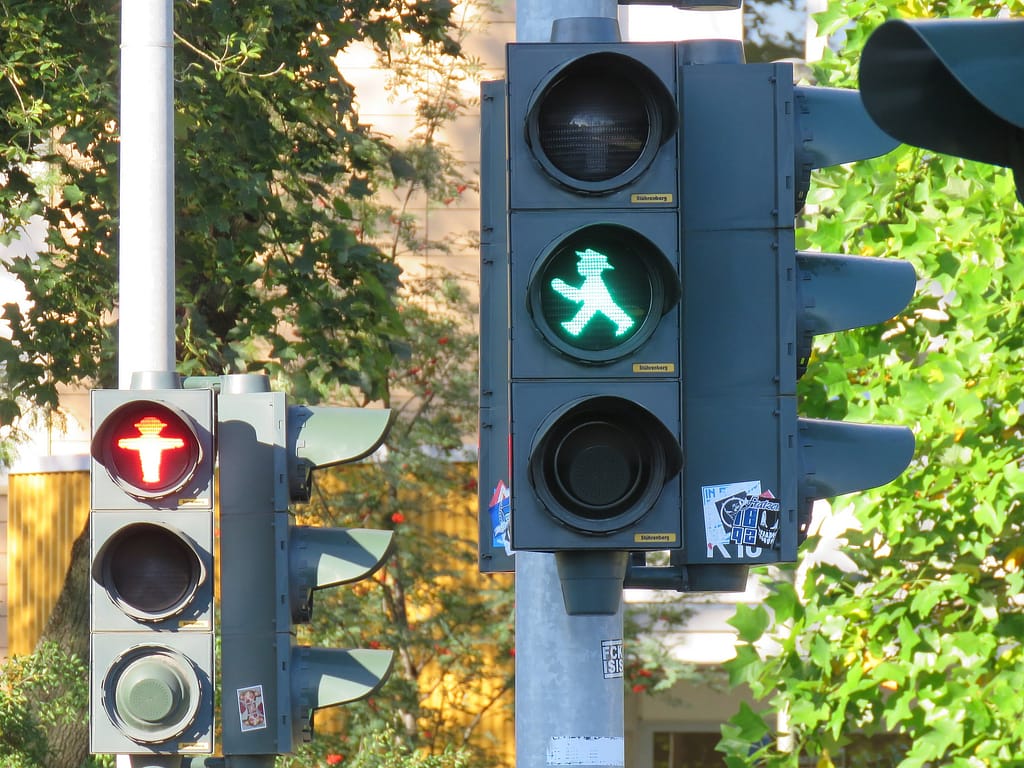最終更新日 2023-02-17

Whether or not a trademark license must be recorded depends on the country where the trademark is registered. You may want to know how it goes in Japan.
The conclusion is quite simple. In Japan’s two types of recordable trademark licenses, Exclusive License must be recorded, as its recordal is mandatory for the exclusive use right to take effect. On the other hand, for a Non-Exclusive License, a right to use the trademark arises upon execution of the license agreement, and its recording is optional.
I will explain this in some detail under the following headings:
- Two recordable license types in Japan
- A situation where a Non-Exclusive License needs to be recorded
- Indirect benefits resulting from recordal
- A possible disadvantage for the trademark owner
- Required documents and information for license recordal
- Normal time frame
Two recordable license types in Japan
- Exclusive License
- Non-Exclusive License
An Exclusive License (EL), once recorded at JPO, gives a licensee the right to use the registered trademark within the prescribed scope exclusively. Since this is an exclusive right to use the trademark, even the trademark owner cannot use the registered trademark within that scope. Furthermore, the exclusive licensee can enforce its exclusive use right to stop infringement and claim compensation for damages.
A Non-Exclusive License (NEL), even without being recorded at JPO, gives a licensee a right to use the registered trademark within the prescribed scope. Since this is a non-exclusive right, the trademark owner can grant another person a non-exclusive license for the same scope. NEL is simply permission from the trademark owner to use the registered trademark. However, once it is recorded at JPO, the non-exclusive licensee can assert its right against a third party who has purchased the trademark right from the original owner.
A situation where a Non-Exclusive License needs to be recorded
If you want to assert your status as a non-exclusive licensee against a third party (e.g., a new trademark owner who purchased the trademark registration from the original owner), NEL must be recorded at JPO.
Indirect benefits resulting from license recordal
- It may deter an interested party from initiating a non-use cancellation action against the registered trademark. This is because once a trademark license (either EL or NEL) is recorded on the trademark register, it becomes accessible to anyone who requests a copy of it. If the interested party finds out that a trademark license has been recorded, they may reasonably consider that the trademark is in use.
- In case a non-use cancellation action is initiated, use by the recorded licensee is deemed to be the use of the trademark owner. A non-recorded licensee, on the other hand, must additionally prove that the trademark owner has granted it a right to use the trademark by submitting a copy of a trademark license agreement.
A possible disadvantage for the trademark owner
Once a trademark license (either EL or NEL) is recorded, the trademark owner can only abandon the trademark registration as a whole or concerning some of the goods and services with permission from the recorded licensee.
Required documents and information for license recordal
- Original signed deed of the trademark license, indicating the trademark registration number, names and addresses of the trademark owner and the licensee, type of license, scope of the license (geographical area, periodical scope, and other limitations); and
- Power of attorney
Normal time frame
About a month.
As mentioned above, you will need to record an Exclusive License at JPO once an exclusive license agreement is concluded concerning a registered trademark in Japan. Although it is optional to record a Non-Exclusive License at JPO, its recordal is recommended given the ability to assert against a third party and of the indirect benefits.